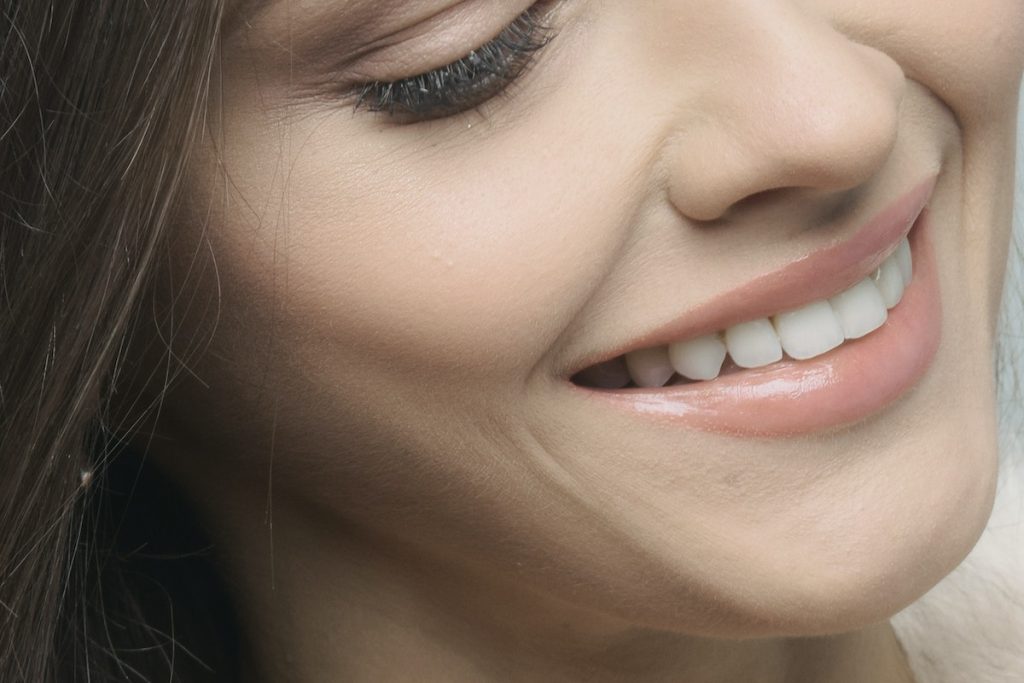Did you know that age is an essential factor in oral health? Age can affect all aspects of oral health, from the amount of time spent on preventative care to the level of risk for oral health issues. Here’s how age impacts your oral health and what measures you should take to maintain good oral hygiene as you grow older.
The Impact of Age on Oral Health
It’s no secret that aging affects our bodies in various ways. People’s teeth and gums are no exception. As people age, their teeth become more vulnerable to cavities, gum disease, and other dental issues. This is partly due to changes in saliva production which can make it more difficult for everyone to stay hydrated, leading to dry mouth and an increased risk for tooth decay. Additionally, people’s gums may recede as we grow older, exposing the roots of our teeth and making them more susceptible to decay.
Additional reasons age impacts oral health is that older adults are more likely to have underlying medical conditions, such as diabetes or heart disease. These conditions can increase the risk of oral infections and other issues that negatively impact oral health.
Preventive Care
To counter the effects of aging on oral health, we all must follow a regular preventive care routine. Here is some excellent preventive care to ensure that your mouth stays healthy as you grow older:
Avoid Tobacco
Tobacco is a significant risk factor for oral health issues. This is why avoiding all forms of tobacco, including cigarettes and smokeless tobacco products, is essential. If you’re struggling to stop smoking, consider these tips:
- Nicotine replacement products: There are products designed to help people quit smoking, including nicotine patches and gum. Furthermore, you should try to avoid second-hand smoke whenever possible.
- Counseling: As you grow older, you must have open conversations with friends and family members about your efforts to stop smoking and any obstacles you may encounter. Counseling can help you with that.
Change Your Diet
It’s also essential to make specific dietary changes as you grow older. For example, consider eating a diet low in sugar and refined carbohydrates. These foods can increase the risk of cavities, so it’s best to avoid them whenever possible. Eating more fresh fruits and vegetables can help keep your teeth healthy by providing natural fiber and nutrients.
Brushing and Flossing Daily
Of course, one of the essential steps in preventive oral care is brushing and flossing daily. Brushing twice a day for two minutes is recommended by many dentists as it helps remove plaque from your teeth before it can build up and cause problems such as cavities or gum disease.
Flossing should be done once daily (preferably after brushing) to remove food particles and bacteria from between the teeth where toothbrush bristles cannot reach. It’s also important not to forget about tongue cleaning; using a tongue scraper or brush can help remove bacteria from the tongue’s surface, which can lead to bad breath if left unchecked.

Age-Specific Tips
Some age-related tips can help you enjoy healthy teeth as you grow older. Here are some of those tips:
Orthodontic Appliances
Your mouth will need some help from a dentist as you age. Some dentists may recommend the use of orthodontic appliances. Here are some of the most essential.
- Dentures: You’re going to lose some teeth as you grow older. Getting affordable and robust dentures can help you replace lost teeth so you can speak and eat properly. They’re cheaper than any other option on this list, making them one of the best options for aging people.
- Crowns: Crowns are a great way to protect the remaining teeth in your mouth. These small caps, which fit over the top of existing teeth, can correct dental problems such as chips or cracks.
- Fillings: Filling cavities is essential when you grow older, especially if your teeth are at risk of decay. Fillers can help to restore a healthy mouth and protect your existing teeth from further damage.
Get Screened
Oral cancer is one of the most severe threats to oral health as you age. To detect any potentially cancerous cells in your mouth, get screened every six months by a dentist or physician. This can ensure that you get any issue treated as quickly as possible, which can help you protect your overall health.
No matter what age you are, the importance of maintaining good oral hygiene and taking extra precautions if needed (such as seeing a hygienist more frequently), you can keep your smile looking its best well into late adulthood!
